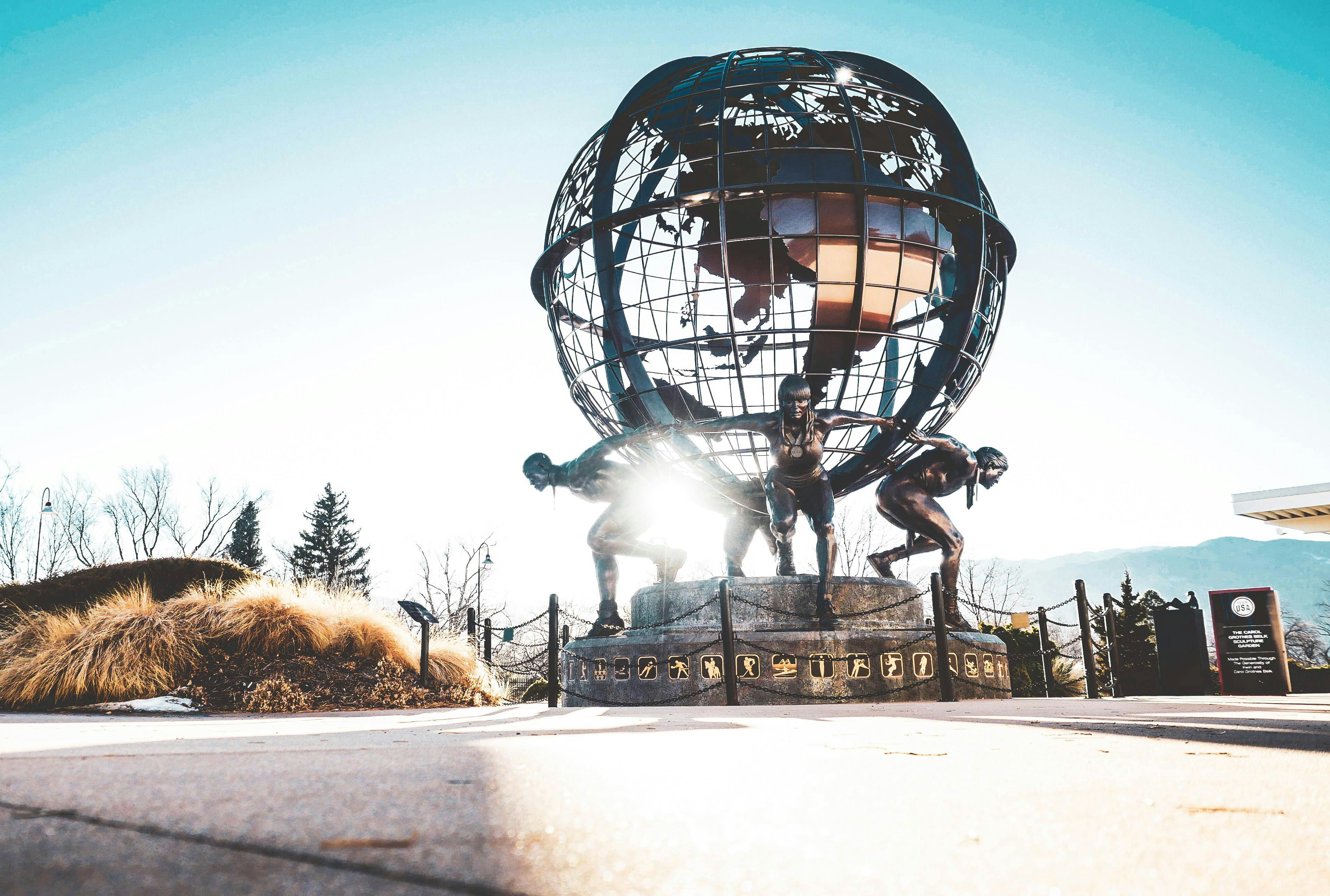Breaking Barriers: Understanding The Role Of Sports In Social Inclusion And Equality
Sports, often viewed within the confines of competition and physical prowess, have a much broader role to play in society. From fostering social inclusion to promoting equality, sports have emerged as a powerful tool for social transformation. This article delves into this less explored aspect of sports, offering a unique perspective on its societal implications.

The Historical Context: Sports As A Social Catalyst
Sports have always been more than just games. Ancient civilizations used sports as a means of fostering community spirit and social cohesion. From the Olympic Games of ancient Greece to the traditional sports of indigenous cultures, they have played a crucial role in bringing people together and breaking down social barriers.
In modern times, sports have served as a platform for social change. The racially integrated Major League Baseball game in 1947, Jackie Robinson’s debut, signaled a turning point in America’s civil rights movement. Similarly, the 1995 Rugby World Cup in South Africa, where the predominantly white Springboks team was cheered on by a mainly black crowd, served as a symbol of racial reconciliation.
Current Trends: Sports And Social Inclusion
In recent years, there has been a growing recognition of sports as a means of promoting social inclusion. Sports provide a platform for marginalized groups to achieve visibility and recognition, fostering a sense of belonging and community.
For instance, the Paralympic Games have played a crucial role in challenging stereotypes and changing perceptions about people with disabilities. Similarly, initiatives like the Homeless World Cup have used football to transform the lives of people affected by homelessness and social exclusion.
Sports And Equality: A Closer Look
Beyond social inclusion, sports are increasingly seen as a means to promote equality. This includes gender equality, as seen in the push for equal pay and opportunities for women in sports. But it also extends to other forms of equality, such as racial and socioeconomic.
The NFL’s Rooney Rule, which requires teams to interview minority candidates for head coaching and senior operations positions, is a case in point. While it has its critics, its implementation has led to a noticeable increase in diversity within the league’s leadership roles.
The Challenges And The Road Ahead
Despite the potential of sports to promote social inclusion and equality, there are significant challenges. Persistent disparities in access to sports, discriminatory practices, and the commercialization of sports often undermine these efforts.
Addressing these challenges requires a concerted effort from all stakeholders, including sports organizations, governments, and civil society. It also involves rethinking how we approach sports, recognizing their potential as a tool for social change.
Final Thoughts
Sports hold the power to unite and inspire, transcending social, economic, and racial barriers. As we move forward, recognizing and harnessing this power will be key in leveraging sports as a tool for social inclusion and equality. It’s not just about the game on the field, but the wider impact sports can make in our societies.




